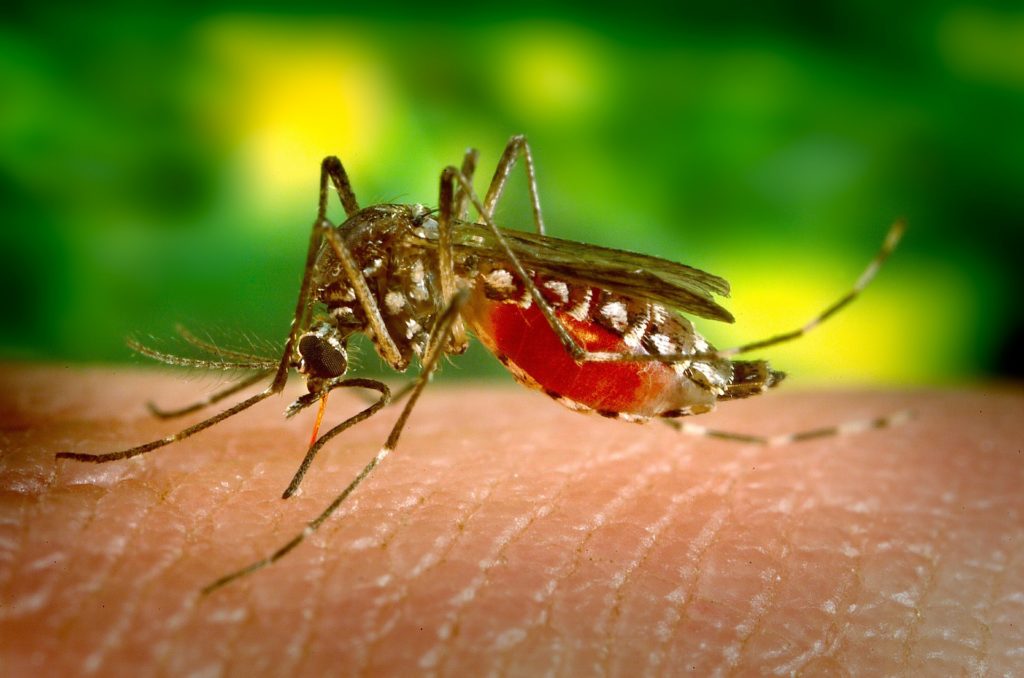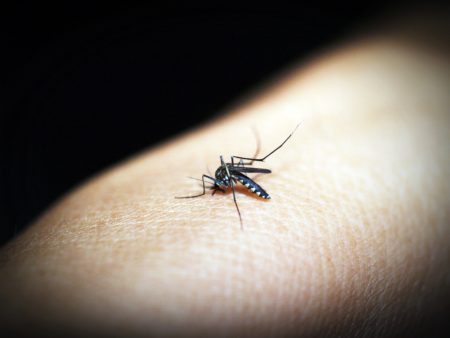World Mosquito Day: How do mosquitoes track down our blood?
by Ailsa Harvey · 20/08/2020
In their hunt for blood, these disease-carrying insects are the cause of millions of deaths per year.

(Image source: Pixabay)
Summer is upon us, and therefore mosquito season is too. The warmer weather causes a rise in mosquitoes as it provides the perfect conditions for their eggs to hatch.
Following carbon dioxide released in our breath, body odor and temperature, mosquitoes are attracted to humans and other warmblooded vertebrates in search of blood.
Once a mosquito has tracked down its blood source, it stabs two tubes into the skin. One tube is used to inject an enzyme to prevent blood from clotting, while the other sucks blood into their bodies.
Mosquitoes don’t suck blood as an energy source for themselves; they get their food comes from plant sugars. The blood they suck is used to feed their offspring, as protein in blood nourishes their eggs. This is why it is only the females of certain species of mosquito that will feast on our blood.
Apart from the discomfort felt from a mosquito bite, these insects pose a bigger threat in their transmission of diseases. The tiny flies are one of the deadliest animals in the world, causing millions of deaths to humans each year.
Carrying diseases such as malaria, zika, dengue and yellow fever, the Aedes aegypti mosquito poses the highest threat to humans. Half of the world’s population live in areas where these mosquitoes are present.
The main way to prevent female mosquitoes from biting you, thereby preventing itchy skin and potential disease, is by making your skin a far less appealing prospect.

(Image source: Pixabay)
DEET is an acronym for a chemical compound that was developed by the US Army following World War II. Like many other insect repellents – both natural and synthetic – it essentially makes your skin a very nasty-smelling place for the mosquito to land and feed on.
It can be toxic in high concentrations, though as long as the DEET-based repellent is applied responsibly, it’s both safe and very effective.
While it may feel like mosquitoes are out to get humans, they are not actually a mosquito’s first choice of blood-source. Usually, mosquitoes prefer to target horses, cows and birds.
For more science and technology articles, pick up the latest copy of How It Works from all good retailers or from our website now. If you have a tablet or smartphone, you can also download the digital version onto your iOS or Android device. To make sure you never miss an issue of How It Works magazine, subscribe today!




